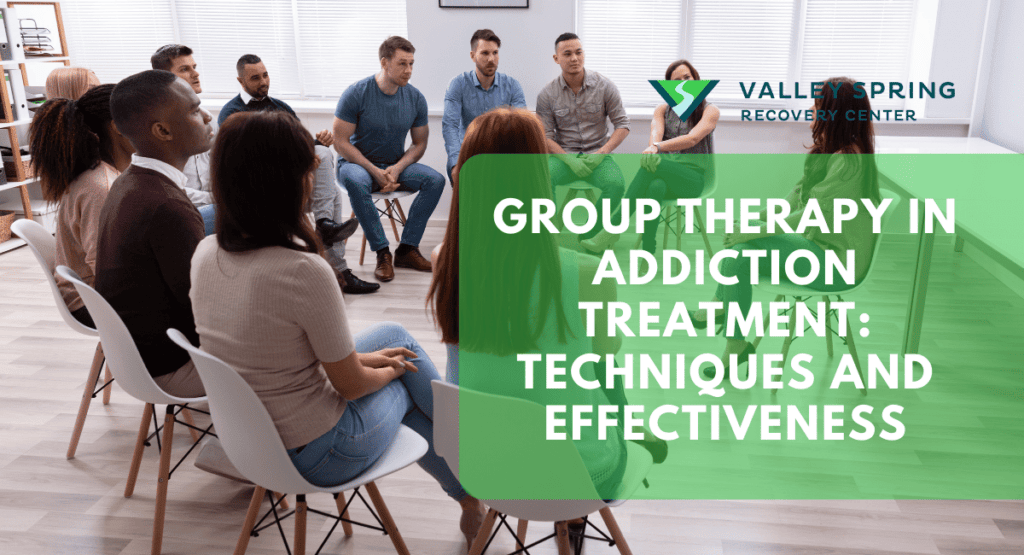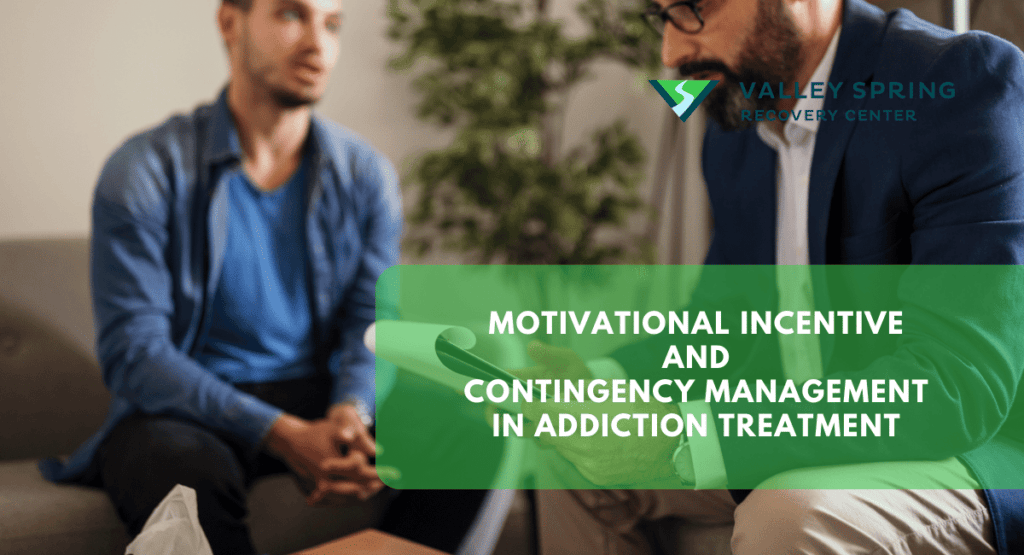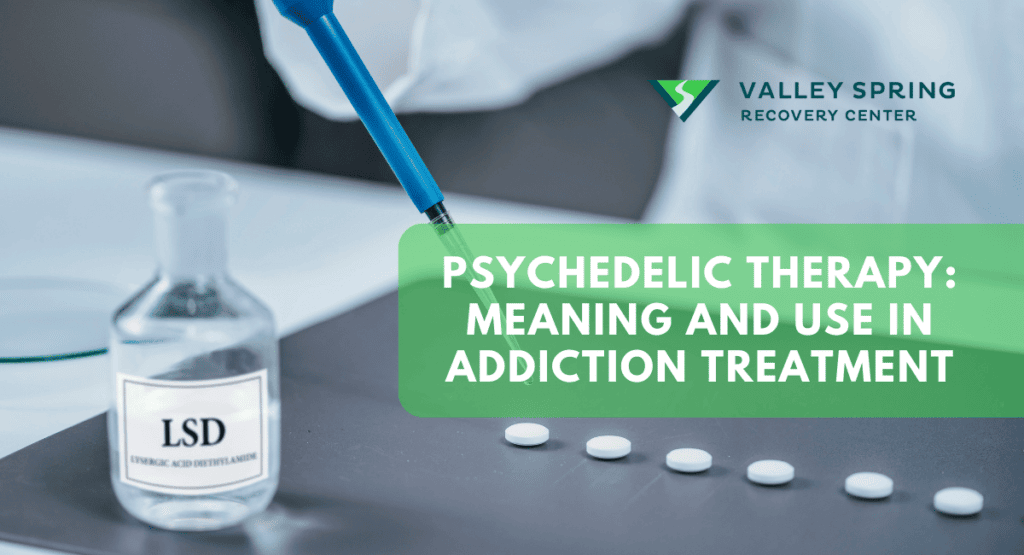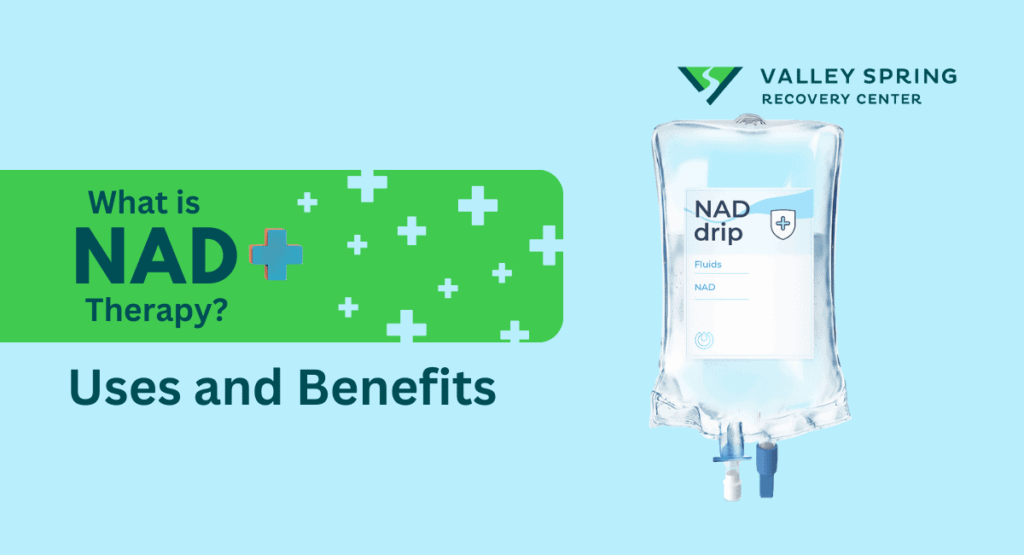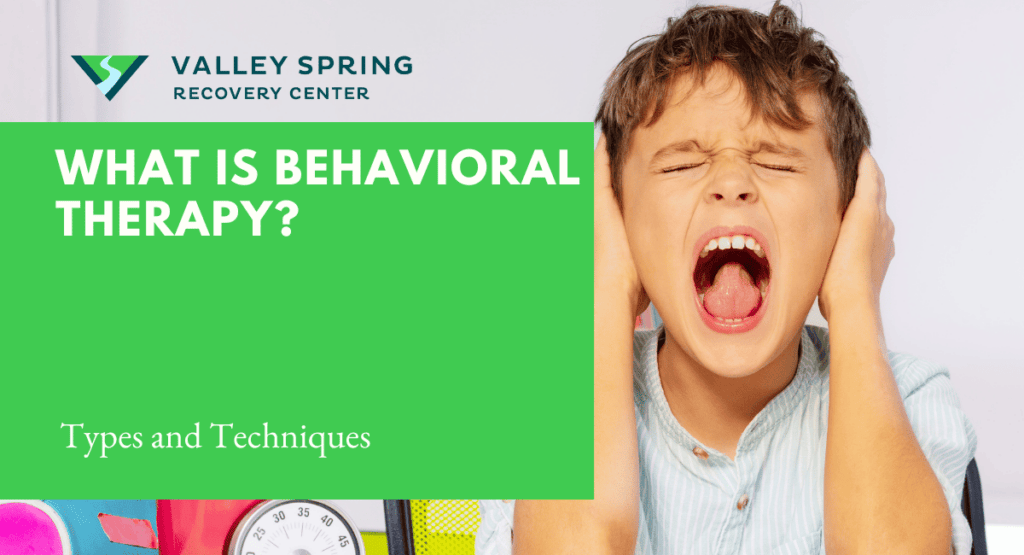Group therapy is a valuable and effective approach to the treatment of addiction. Through a variety of techniques and interventions, group therapy provides individuals with a supportive environment where they can share their experiences, gain insights from others, and develop coping skills.
The use of evidence-based practices, such as cognitive-behavioral and psychoeducational approaches, enhances the effectiveness of group therapy. Furthermore, the therapeutic alliance, peer support, and interpersonal dynamics within the group contribute to positive outcomes and long-term recovery.
While individual therapy remains essential, group therapy offers unique benefits, including a sense of belonging, shared understanding, and the opportunity for mutual support and accountability. You’ll find more crucial information on the techniques and effectiveness of group therapy in the sections that follow.
What is Group Therapy in Addiction Treatment?
Group therapy in addiction treatment is a powerful approach that involves bringing together individuals facing similar challenges in a supportive and structured environment. In this form of therapy, participants come together to share their experiences, provide mutual support, and gain insights from one another.
The primary goal of group therapy is to create a safe space where individuals can openly discuss their struggles, emotions, and successes. Led by a trained therapist or counselor, group sessions encourage active participation, empathy, and meaningful connections among members.
Group therapy has shown effectiveness in addiction treatment by promoting accountability, enhancing interpersonal skills, and providing a platform for individuals to receive feedback and encouragement. It can complement individual counseling and other treatment modalities, offering a comprehensive and holistic approach to recovery.
What are the Benefits of Group Therapy in Addiction Treatment?

Group therapy in addiction treatment offers numerous benefits that contribute to the overall healing and recovery process. Here are some key advantages of participating in group therapy:
1. Support and Understanding
Group therapy provides a supportive environment where individuals can connect with peers who are facing similar challenges. Sharing experiences, stories, and emotions with others who truly understand can foster a sense of belonging and reduce feelings of isolation.
2. Shared Wisdom and Perspectives
Within a group setting, individuals gain access to a diverse range of perspectives and insights. Hearing different experiences and coping strategies from fellow group members can inspire self-reflection, promote personal growth, and provide valuable tools for managing addiction.
3. Peer Accountability
Group therapy encourages accountability among its members. By setting goals, discussing progress, and providing feedback within the group, individuals feel motivated to stay committed to their recovery journey and maintain sobriety.
4. Skill Development
Group therapy offers an opportunity to develop and enhance essential interpersonal skills. Through active participation, individuals learn effective communication, empathy, active listening, and conflict resolution, which can extend beyond the therapy setting to improve relationships in their daily lives.
5. Building a Supportive Network
Group therapy facilitates the formation of a supportive network of individuals who have shared experiences. These connections can continue even after the therapy program ends, providing ongoing encouragement and a sense of community during the recovery process.
6. Normalization and Validation
Group therapy helps individuals realize that their struggles and emotions are valid and shared by others. This normalization can alleviate shame, reduce self-stigma, and improve self-esteem as individuals gain a sense of acceptance and understanding.
7. Cost-Effective Treatment
Group therapy is often a cost-effective option compared to individual therapy. It allows for more individuals to receive support and guidance from a trained therapist or counselor while sharing the costs among group members. As you share your concerns, you also share the bill, making it a preferred solution for individuals who can’t afford private sessions.
What are the Techniques Used in Group Therapy?
Group therapy employs various techniques to facilitate healing, personal growth, and positive change among its participants. Here are some common techniques used in group therapy:
1. Psychoeducation
Group therapy sessions often include psychoeducational components where participants learn about addiction, its effects on the mind and body, and coping strategies. Psychoeducation aims to increase awareness, provide accurate information, and empower individuals with knowledge to make informed decisions.
2. Sharing and Active Listening
Central to group therapy is the opportunity for participants to share their experiences, thoughts, and emotions. Through active listening, group members offer support, empathy, and validation to one another. This process helps individuals feel heard, understood, and encouraged to explore their feelings more deeply.
3. Supportive Feedback
Group members provide constructive and supportive feedback to each other. This feedback can offer new perspectives, challenge negative thinking patterns, and encourage personal growth. The therapist or counselor guides and facilitates this process, ensuring that feedback is respectful and beneficial to the individual receiving it.
4. Role-Playing and Skill Building
Group therapy often incorporates role-playing exercises, where participants simulate real-life situations related to addiction and recovery. These exercises allow individuals to practice new coping skills, assertiveness, conflict resolution, and effective communication techniques in a safe and supportive environment.
5. Expressive Arts Therapy
Utilizing art, music, writing, or other creative outlets, expressive arts therapy encourages participants to express their emotions, thoughts, and experiences in non-verbal ways. This technique can be beneficial for individuals who struggle to verbalize their feelings or find alternative means of self-expression.
6. Cognitive-Behavioral Techniques
Cognitive-behavioral techniques for addiction are frequently used in group therapy to help individuals identify and challenge negative thought patterns, beliefs, and behaviors. Group members learn to recognize and reframe distorted thinking, develop healthier coping strategies, and cultivate positive self-talk.
7. Mindfulness and Relaxation Techniques
Group therapy may incorporate mindfulness exercises and relaxation techniques to promote self-awareness, stress reduction, and emotional regulation. These practices can help individuals develop greater present-moment awareness, manage cravings, and enhance overall well-being.
It’s important to note that the specific techniques used in group therapy can vary depending on the goals of the group, the preferences of the therapist, and the needs of the participants. The therapist or counselor will tailor the approach to create a safe and effective therapeutic environment that supports the growth and recovery of each individual within the group.
How Effective is Group Therapy in Addiction Treatment?

According to the Substance Abuse and Mental Health Services Administration (SAMHSA), There is evidence that group therapy produces outcomes comparable to individual therapy in substance use disorder (SUD) treatment. These outcomes include acceptance, retention, reductions in frequency of use, abstinence rates, and improvements in psychological symptoms and distress.
Group therapy has been shown to reduce psychological symptoms and distress associated with addiction. It provides a platform for individuals to share their emotions, receive support, and learn coping skills. Studies have found that group therapy can lead to significant improvements in abstinence rates among individuals with SUD. The group dynamic, support, and accountability contribute to maintaining sobriety
Different articles published by Burtscheidt W, et al and Fisher MS Sr, et al suggest that group treatment approaches have demonstrated greater effectiveness in improving positive outcomes, such as abstinence rates, reduced substance use, and objective measures like urinalysis, when compared to standard care without group therapy.
Additionally, group therapy has shown superior outcomes compared to individuals who refuse or drop out of treatment altogether. These findings highlight the significant benefits of group therapy in enhancing treatment outcomes and supporting individuals in their recovery journeys.
What is the Future of Group Therapy in Addiction?
The future of group therapy in addiction treatment looks promising and exciting. It will be characterized by the integration of technology, allowing for virtual platforms and telehealth options that make therapy more accessible. Specialized groups tailored to specific populations will address the unique needs of different individuals.
Innovative techniques such as mindfulness and adventure-based therapies will bring new dimensions to group sessions. Peer-led and hybrid models, combining in-person and virtual elements, will gain popularity. Ongoing research and outcome evaluation will continue to refine group therapy approaches.
Lastly, the integration of group therapy with comprehensive care will enhance its effectiveness. Overall, the future of group therapy in addiction treatment holds great potential for growth and positive outcomes.
Which Mental Health Conditions can Group Therapy Help With?
Here are some mental health conditions that group therapy can help with:
- Depression
- Anxiety Disorders
- Substance Use Disorders
- Eating Disorders
- Post-Traumatic Stress Disorder (PTSD)
- Bipolar Disorder
- Grief and Loss
- Stress Management
Note that group therapy may not be suitable for everyone or may need to be combined with other treatment modalities depending on the severity and specific needs of the individual.
Are there Mental Health Conditions for which Group Therapy is not Recommended?
Group therapy may not be recommended or may need careful consideration in certain situations. Some situations where group therapy may not be recommended include:
- For severe psychotic disorders, such as schizophrenia, where symptoms impair their ability to engage in meaningful group interactions or maintain a grasp on reality, individual therapy and medication management are often more suitable.
- Acute crises or severe suicidality require immediate individualized interventions like crisis intervention or hospitalization before considering group therapy.
- Individuals with severe personality disorders characterized by significant interpersonal difficulties or emotional dysregulation may find group therapy challenging. In such cases, individual therapy or a combination of individual and specialized group therapy may be more appropriate.
- Those with significant intellectual or developmental disabilities that affect their participation or understanding may require individualized approaches or specialized group interventions.
- Additionally, some individuals may not be ready or comfortable participating in group therapy due to personal preferences, cultural factors, or a lack of readiness to explore sensitive topics in a group setting.
In these cases, individual therapy or alternative forms of support may be more suitable. It’s important to assess the appropriateness of group therapy on an individual basis, considering specific needs, preferences, and readiness, along with the expertise and clinical judgment of the mental health professional.
How Can You Get Started with Group Therapy For Addiction?
Getting started with group therapy is a straightforward process. Here are specific bullet points outlining the steps:
1. Research and Identify
- Research different group therapy options available in your area or online.
- Consider the specific focus or theme of the group that aligns with your needs and goals.
2. Consult a Mental Health Professional
- Schedule an initial consultation with a mental health professional, such as a therapist or counselor, who offers group therapy.
- Discuss your interest in group therapy and share your reasons for seeking it.
3. Assessment and Recommendation
- The mental health professional will assess your suitability for group therapy based on your needs, preferences, and clinical judgment.
- They may recommend group therapy as a suitable treatment option for you.
4. Group Therapy Orientation
- Attend an orientation session, if available, to learn more about the structure, rules, and expectations of the group therapy program.
- This session may provide an opportunity to ask questions and address any concerns you may have.
5. Group Selection
- Based on the recommendation and assessment, the mental health professional may suggest a specific group that aligns with your needs.
- Discuss the options, including the focus, format, and schedule of the group, to determine the best fit for you.
6. Enrollment and Participation
- Enroll in the selected group therapy program by completing the necessary paperwork or registration forms.
- Attend the scheduled group therapy sessions as per the agreed-upon schedule.
- Engage actively in the group process, participate in discussions, and contribute to the supportive environment.
Note that the exact process may vary depending on the specific group therapy program and the mental health professional you work with. It’s recommended to consult with a mental health professional who can guide you through the process and provide personalized recommendations.
What is the sharing process in Group Therapy?
The sharing process or “go around” technique in group therapy refers to a structured process where each group member is allowed to share their thoughts, experiences, or responses to a specific topic or question. It ensures that every participant has an equal chance to contribute and be heard within the group setting.
The therapist or facilitator initiates the process by setting the topic or question, and then each member takes turns sharing their perspective. This technique promotes active participation, and equal distribution of speaking time, and fosters a sense of inclusivity and validation among group members. It can be particularly useful in promoting group cohesion, facilitating deeper discussions, and encouraging active engagement in the therapeutic process.
Is Group Therapy Suitable for Everyone in Addiction Recovery?
While group therapy is beneficial for many, its suitability can vary depending on individual preferences and needs. Some may find it more helpful than others, and it’s often used in conjunction with individual therapy for a more comprehensive approach.
What are the negative aspects of group therapy?
Group therapy, while beneficial for many, can have some negative aspects or challenges that are important to consider:
- Lack of Privacy: In a group setting, members share personal information, which can be a concern for those who value privacy or are uncomfortable discussing personal issues in front of others.
- Group Dynamics: Sometimes, group dynamics can be challenging. Dominant personalities may overshadow quieter members, or conflicts may arise between group members, potentially hindering the therapeutic process for some individuals.
- Limited Individual Attention: In group therapy, the therapist’s attention is divided among all members. This can be a drawback for individuals who need more focused, one-on-one interaction to address their specific issues.
- Pacing: The pace of the therapy is set for the group as a whole, which may not align with each individual’s personal pace of healing or learning.
- Risk of Misinformation: While peer support is a key benefit of group therapy, there’s also a risk of members sharing misinformation or unhelpful advice, especially in groups that are not professionally facilitated.
- Social Anxiety: For individuals with social anxiety or discomfort in group settings, group therapy can be intimidating and may even exacerbate their anxiety.
- Confidentiality Concerns: While confidentiality is a standard rule in therapy groups, the risk of breaches is higher due to the involvement of multiple participants.
- Triggering Content: Discussions in group therapy can sometimes inadvertently trigger negative emotions or traumatic memories for some members.
- Group Dependence: There’s a potential risk of becoming overly dependent on the group for support, which can be problematic if the group ends or if a member needs to become more self-reliant.
- Incompatibility with Personal Needs: Group therapy may not be suitable for everyone, especially for those dealing with complex personal issues that require more intensive, personalized treatment.
It’s important for individuals considering group therapy to weigh these potential drawbacks against the benefits and to discuss any concerns with a healthcare provider to determine the best approach for their specific needs.
What Role Does Peer Support Play in Group Therapy?
Peer support is a cornerstone of group therapy, offering encouragement, shared experiences, and a sense of community. It helps participants realize they are not alone in their struggles, fostering a supportive network.
How Often Should Someone Attend Group Therapy Sessions?
The frequency of group therapy sessions can vary based on the program and individual needs. Some may attend weekly, while others might participate more or less frequently. Consistent attendance is key to gaining the full benefits.
Can Group Therapy Address Co-Occurring Disorders?
Group therapy can address co-occurring disorders, especially in groups specifically designed for individuals with dual diagnoses. It provides a platform to discuss and manage the complexities of co-occurring conditions.
What Should Someone Look for in a Group Therapy Program?
When looking for a group therapy program, consider the qualifications of the facilitators, the therapy approaches used, the group size, and the focus of the group. Ensure it aligns with your recovery goals and provides a safe, supportive environment.
Ben Fisher
All author postsShare This Post

